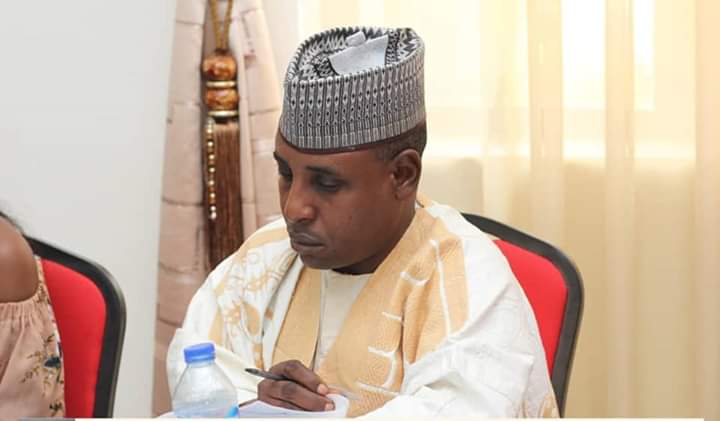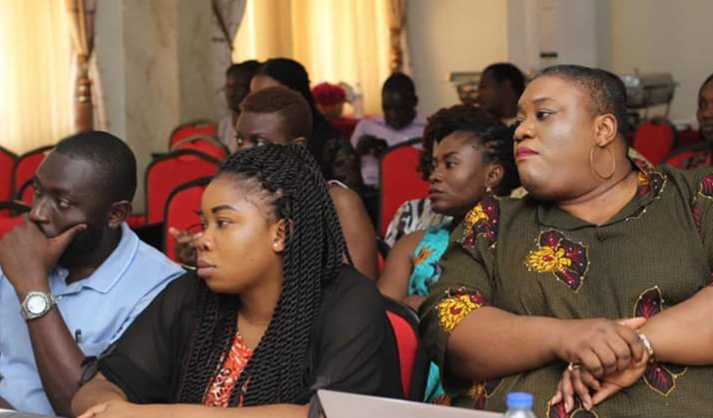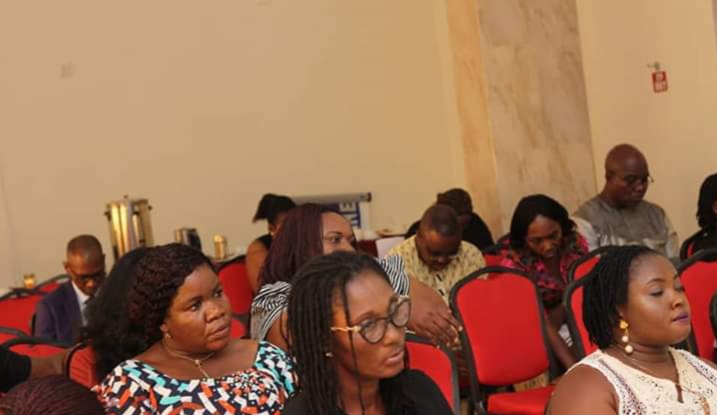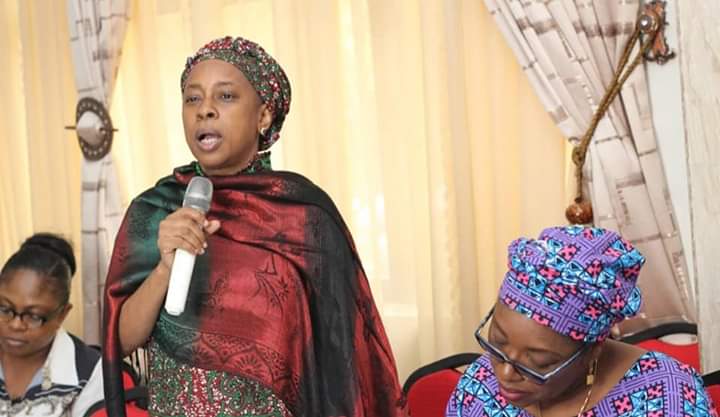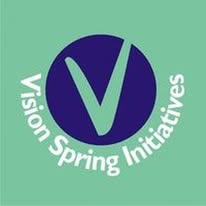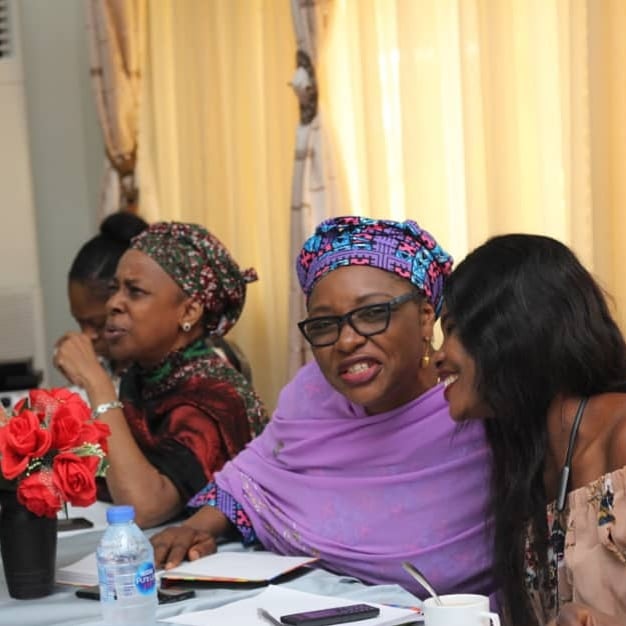
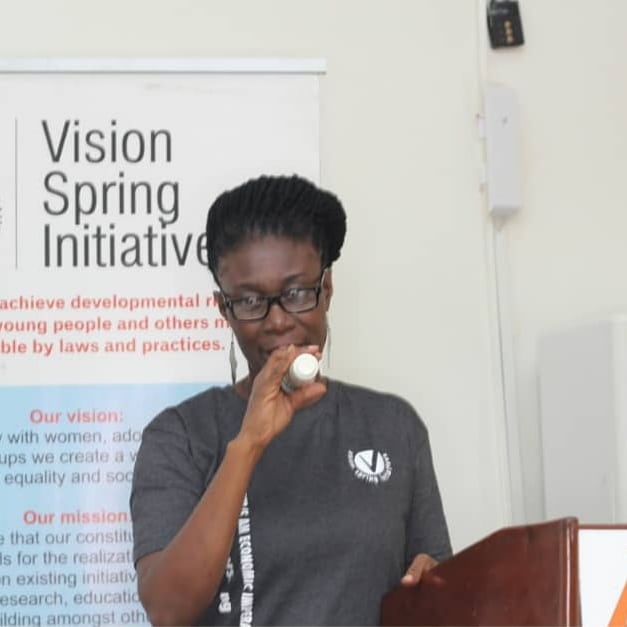 Nigeria has the third highest infant mortality in the world and also the largest contributor to global mortality rate. The rates are high not because diseases leading to death cannot be cured or prevented. Women and girls are dying from preventable and treatable sexual health complications as a result of entrenched resistance to women’s autonomy and control over their bodies. This is often justified on the basis of culture and/ or religion. Poor health care systems and weak policy implementation add to women’s risk of death.
Nigeria has the third highest infant mortality in the world and also the largest contributor to global mortality rate. The rates are high not because diseases leading to death cannot be cured or prevented. Women and girls are dying from preventable and treatable sexual health complications as a result of entrenched resistance to women’s autonomy and control over their bodies. This is often justified on the basis of culture and/ or religion. Poor health care systems and weak policy implementation add to women’s risk of death.
The recently released National Demographic Health Survey (NDHS) 2018 data in the country states that unmet need for family planning declined from 20% in 2008, 16% in 2013 before increasing to 19% in 2018. 10% of maternal deaths in Nigeria are due to unsafe abortion. Access to safe abortion is restricted in Nigeria. A 2015 national study of abortion incidences in Nigeria reveals the challenges that remain to improve conditions for Nigerian women and girls. Only 16% of all women of reproductive age use any contraceptives and an even lower percentage of 11% use a modern method, which results in almost 10 million unintended pregnancies, of which more than half end in an induced abortion.
Young women in Nigeria are faced with many health challenges which hamper their growth and progress; one such issue that is standing in the way of girls’ progress is unsafe abortion! The data is daunting, according to World Health Organisation (WHO), unsafe abortion continues to be a public health crisis and one of the largest contributors of maternal mortality and morbidity in Africa, accounting for up to 30% of maternal deaths in many Sub-Saharan countries. The World Health Organisation estimates that over 6 million unsafe abortions occur in Africa resulting in 29,000 deaths and countless serious injuries and disabilities every year for poor, mostly rural based African women and girls under age 25.
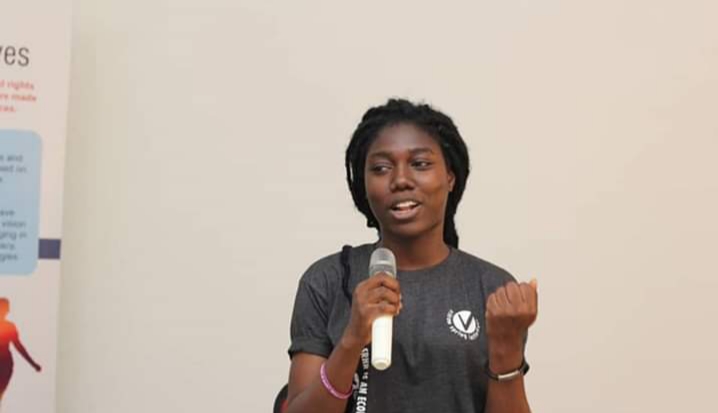
Unsafe abortion is a major contributor to Nigeria’s high levels of maternal death, I’ll health and disability. Nigeria has one of the highest maternal mortality ratios in the world and little improvement has occurred in recent years. The current ratio of 575 to 100,000 live births remain a source of concern especially with the poor implementation of the National Health Act, alongside issues of accessibility, affordability, availability and quality of health care which remains critical in maternal health services in the country.
The slogan of leaving no one behind and the commitment in the newly adopted Universal Health Coverage Declaration CAN only be achieved if government Health plan targets those in the most need of it; women and girls. There is need for universal access to quality and affordable comprehensive sexual and Reproductive Health information, education, including services. Central to women and girls health and well being is the realization of their human rights, including their sexual and Reproductive rights.
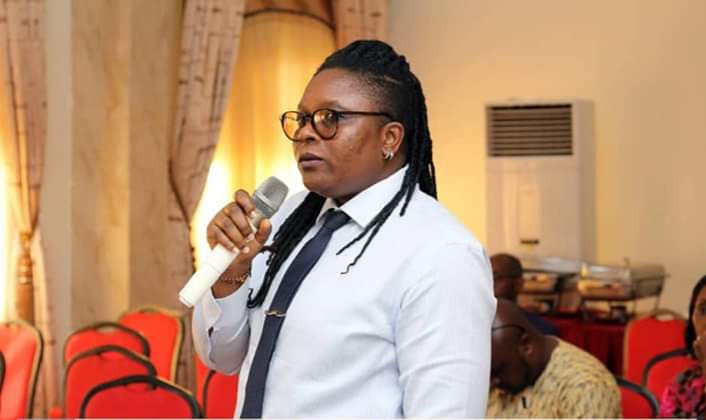
Vision Spring Initiatives and other partners are working to empower women and girls, raise awareness on their rights, advocate for the adoption and implementation of laws and policies that prohibit and prevent sexual violence, unsafe abortion, and mobilising communities against all forms of stigma!
It is in this light that Vision Spring Initiatives held a Mock Tribunal/Dialogue Tackling Unsafe Abortion in Nigeria on November 5-7, 2019 at Reiz Continental Hotel, Abuja. The Tribunal convened a wide and representative array of CSOs, medical personnel, lawyers, media personnel, religious leaders and health practitioners.
The panelists discussion centred around increasing awareness by enhancing public education of the SRHR needs of girls aged 18-24 and partnership with law makers, religious and traditional leaders and media towards change in social norms. The discussion also strengthened further into analysing ways to break the silence on SRHR issues in Nigeria and gain commitment for the implementation of the Universal Health Coverage Declaration.
At the end of the Tribunal, a report was documented with key recommendations and SRHR priorities that will be shared with relevant agencies for further intervention on SRHR engagements.
